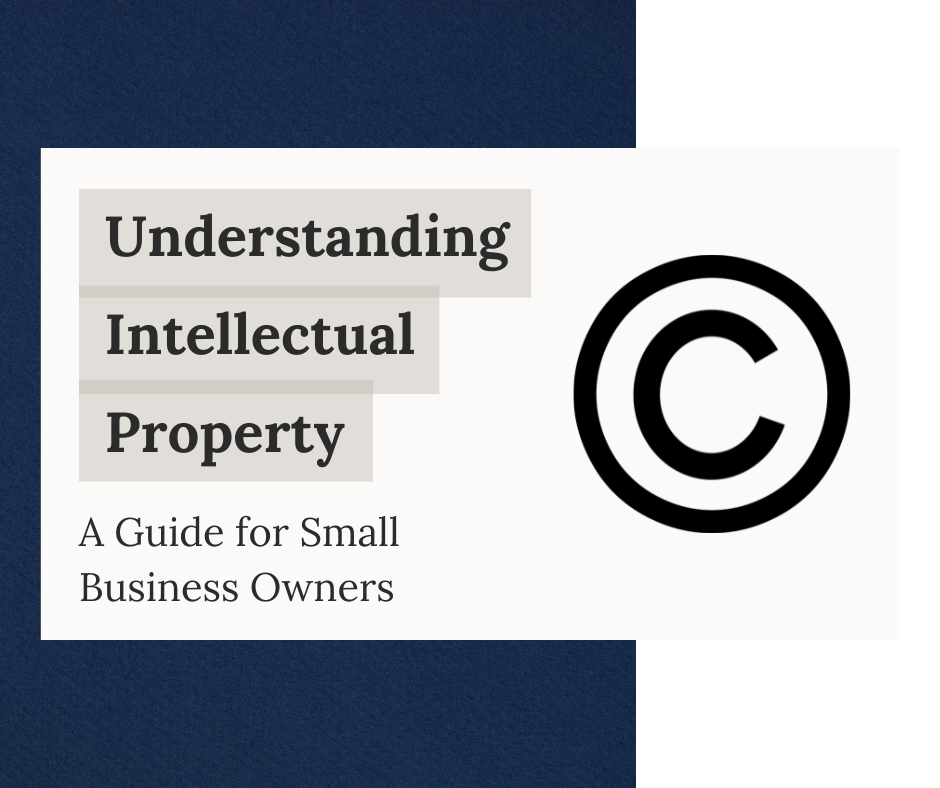Owning real estate is a significant investment, but disputes can arise that can threaten your…

Understanding Intellectual Property: A Guide for Small Business Owners
1. Understanding Intellectual Property: A Guide for Small Business Owners
In today’s competitive business landscape, small businesses often find themselves in a constant struggle to differentiate and protect their unique offerings. Intellectual property can be a valuable asset that can distinguish a company from its competitors, foster innovation, and safeguard long-term success.
Defining Intellectual Property
Intellectual property refers to creations of the mind, such as inventions, designs, literary and artistic works, symbols, names, and images used in commerce. It can be categorized into several forms, including:
- Patents: Grants exclusive rights to inventors for their inventions, preventing others from making, using, or selling the patented invention without permission.
- Trademarks: Protects brands, logos, symbols, and slogans that distinguish goods and services in the marketplace, providing consumers with assurance of quality and origin.
- Copyrights: Safeguards original works of authorship, such as literary, artistic, and musical creations, granting creators exclusive rights to reproduce, distribute, and display their works.
- Trade Secrets: Confidential information, such as formulas, processes, or customer lists, that provides businesses with a competitive advantage and is not generally known to the public.
- Traditional Knowledge: Indigenous and local communities’ collective knowledge and practices, often passed down through generations, which may hold significant cultural and economic value.
Importance of Intellectual Property for Small Businesses
- Competitive Advantage: Intellectual property rights enable small businesses to differentiate their products or services from competitors, enhancing their market position and attracting customers seeking innovative solutions.
- Innovation and Creativity: By protecting intellectual property, small businesses are incentivized to invest in research and development, driving innovation and fostering a culture of creativity within their organizations.
- Brand Recognition and Reputation: Trademarks safeguard small businesses’ brand identities, allowing them to build recognition and trust among consumers. A strong brand reputation can translate into increased customer loyalty and market share.
- Revenue Generation: Intellectual property assets can be monetized through licensing agreements, franchising, or selling rights, providing small businesses with additional revenue streams and opportunities for growth.
- Legal Protection: Intellectual property rights offer legal protection against infringement, piracy, and unauthorized use of proprietary assets, allowing small businesses to enforce their rights and prevent unauthorized exploitation.
- Investment and Financing: Investors and lenders often consider intellectual property assets when evaluating small businesses for funding, as they represent tangible assets with potential long-term value and competitive advantage.
Intellectual property has become a cornerstone of small business success. By protecting their innovations, brands, and creative works, small businesses can gain a competitive edge, foster innovation, and safeguard their long-term viability. It is essential for small business owners to prioritize intellectual property protection as an integral part of their overall business strategy. Whether through patents, trademarks, copyrights, or trade secrets, investing in intellectual property can pave the way for sustained growth, differentiation, and prosperity in an increasingly competitive marketplace.



